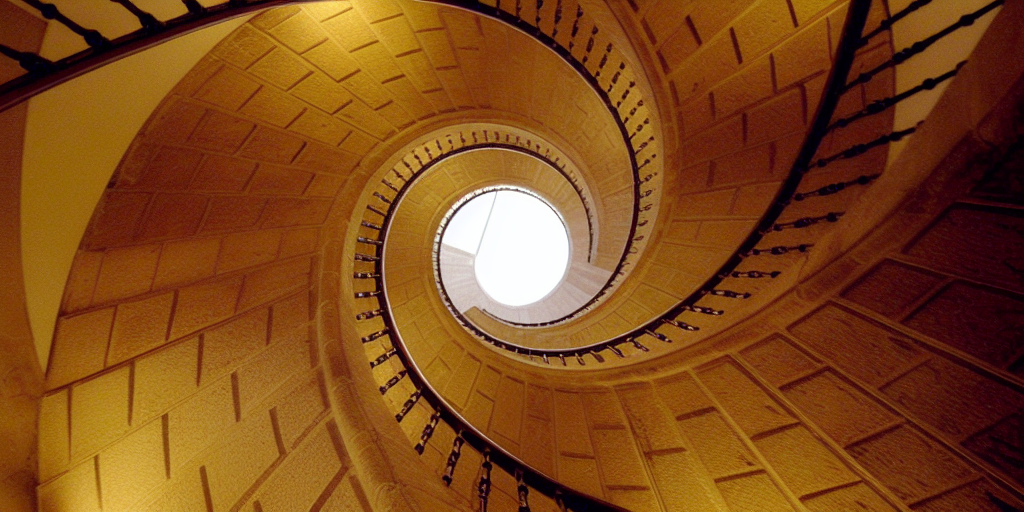Speaker
Description
We investigate the problem of quantum edge detection, which aims to identify the abrupt change between two domains composed of unknown quantum states. This task can be viewed as an extension of the quantum change point problem in more feasible scenarios.
We use the Schur-Weyl duality to compute the optimal success probability of detecting the edge in the asymptotic limit of a large number of systems, both for qubits and asymptotically large local dimensions $d$. Our results show that the optimal protocol learns the identity of the unknown states and, remarkably, when increasing the size of the system, yields the same success probability as the average success probability of the optimal protocol for known states. We also study a somewhat more realistic scenario where the initial state is known, i.e. a case when experimentalist knows the state she is preparing, but does not know the change her setup has suffered. We also derive the success probability in this setting and observe that the protocol is also able to learn the identity of the unknown state. Our work completes the analysis of a single change point in all relevant scenarios.
